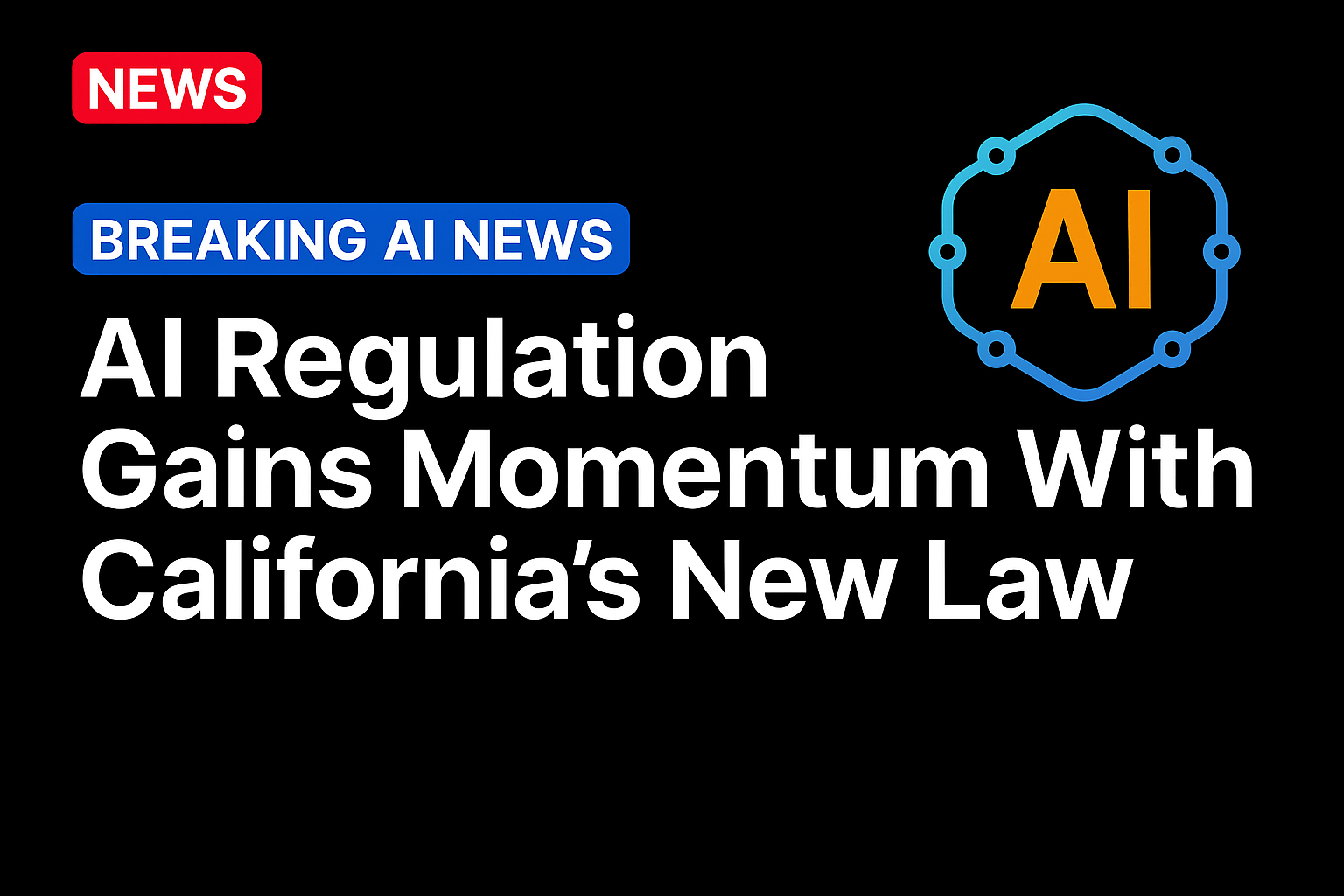California Governor Gavin Newsom on Monday (Sept. 29) signed the Transparency in Frontier Artificial Intelligence Act, making the state the first in the U.S. to require developers of advanced artificial intelligence systems to disclose how they manage catastrophic risks. The measure, Senate Bill 53, establishes penalties for violations, mandates reporting of safety incidents and builds new infrastructure to expand access to AI resources, placing the state ahead in setting rules for frontier AI, per a news release.
The law targets companies with more than $500 million in annual revenue that build “frontier” AI models. Developers must publish frameworks for managing catastrophic risks such as systems escaping human control or being misused to create bioweapons and report significant safety incidents within 15 days. Violations can result in fines of up to $1 million per act, according to a Reuters report.
Employees who raise safety concerns are protected by whistleblower provisions, while the state will launch “CalCompute,” a public computing consortium that provides shared AI infrastructure to researchers and smaller firms. Newsom framed the measure as both a safeguard and an enabler. “AI is the new frontier in innovation, and California is not only here for it — but stands strong as a national leader by enacting the first-in-the-nation frontier AI safety legislation that builds public trust as this emerging technology rapidly evolves,” he said in the news release.
California passed SB 53 after shelving a broader 2024 proposal that called for independent audits. The new measure narrows the focus to transparency and accountability while aligning the state with emerging global approaches to AI oversight. As Politico noted, the measure drew on recommendations from the state’s AI guardrails report and puts California at the center of the national policy debate.
Industry and policy reactions are mixed. Anthropic co-founder Jack Clark reportedly called the law “a strong framework that balances public safety with continued innovation,” while venture firms including Andreessen Horowitz warned it could encourage a patchwork of state regimes. Representative Ted Lieu said the question now is whether “Congress” or “17 states” should regulate AI, underscoring the stakes for federal preemption, according to Reuters.
A recent PYMNTS analysis noted that California’s leadership could ripple through national and global AI regulation debates. The approval of SB 53 reflects the state’s role as a hub for AI companies as well as a state setting precedence in ongoing regulatory conversations.
Source: https://www.pymnts.com/




